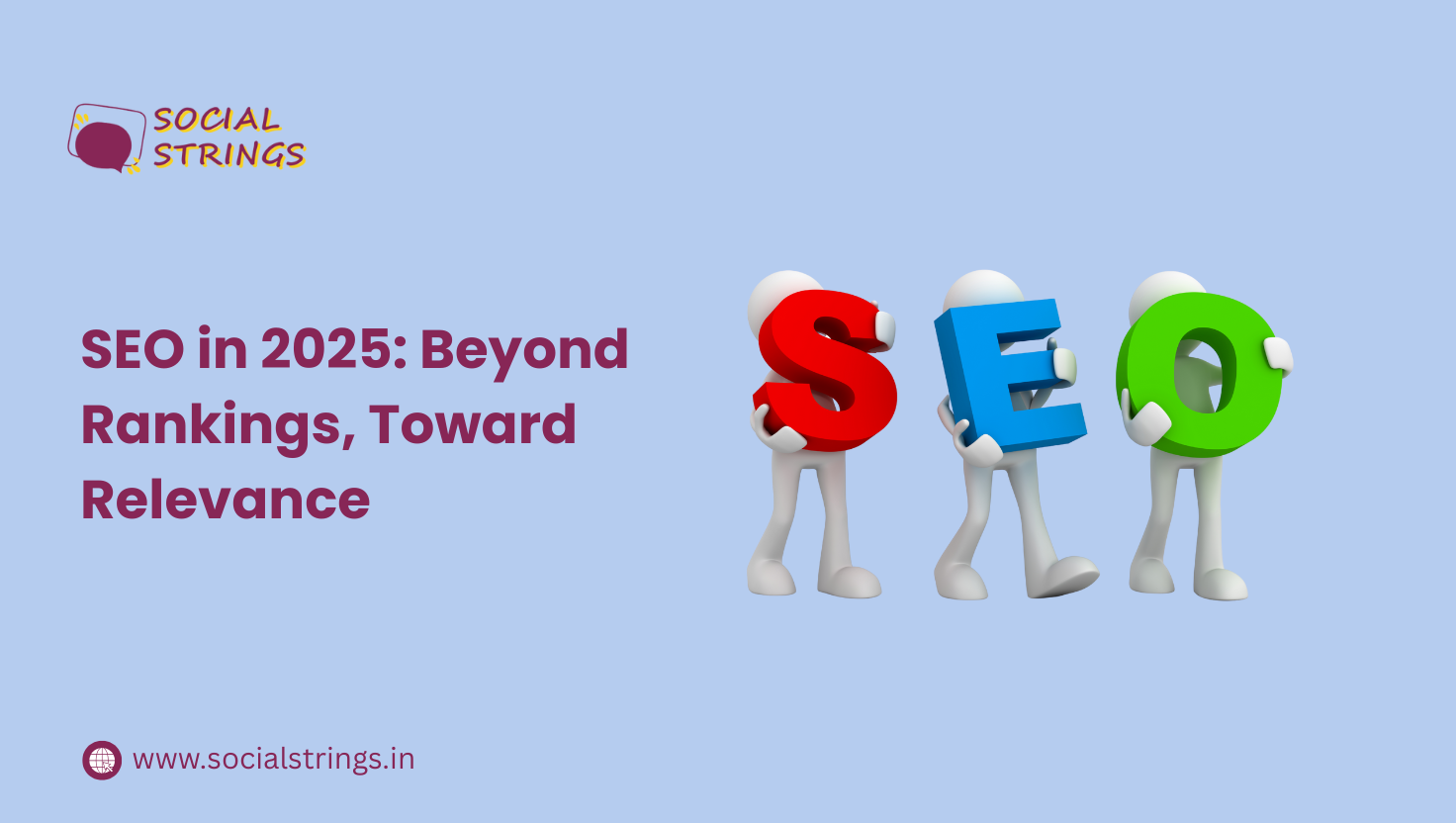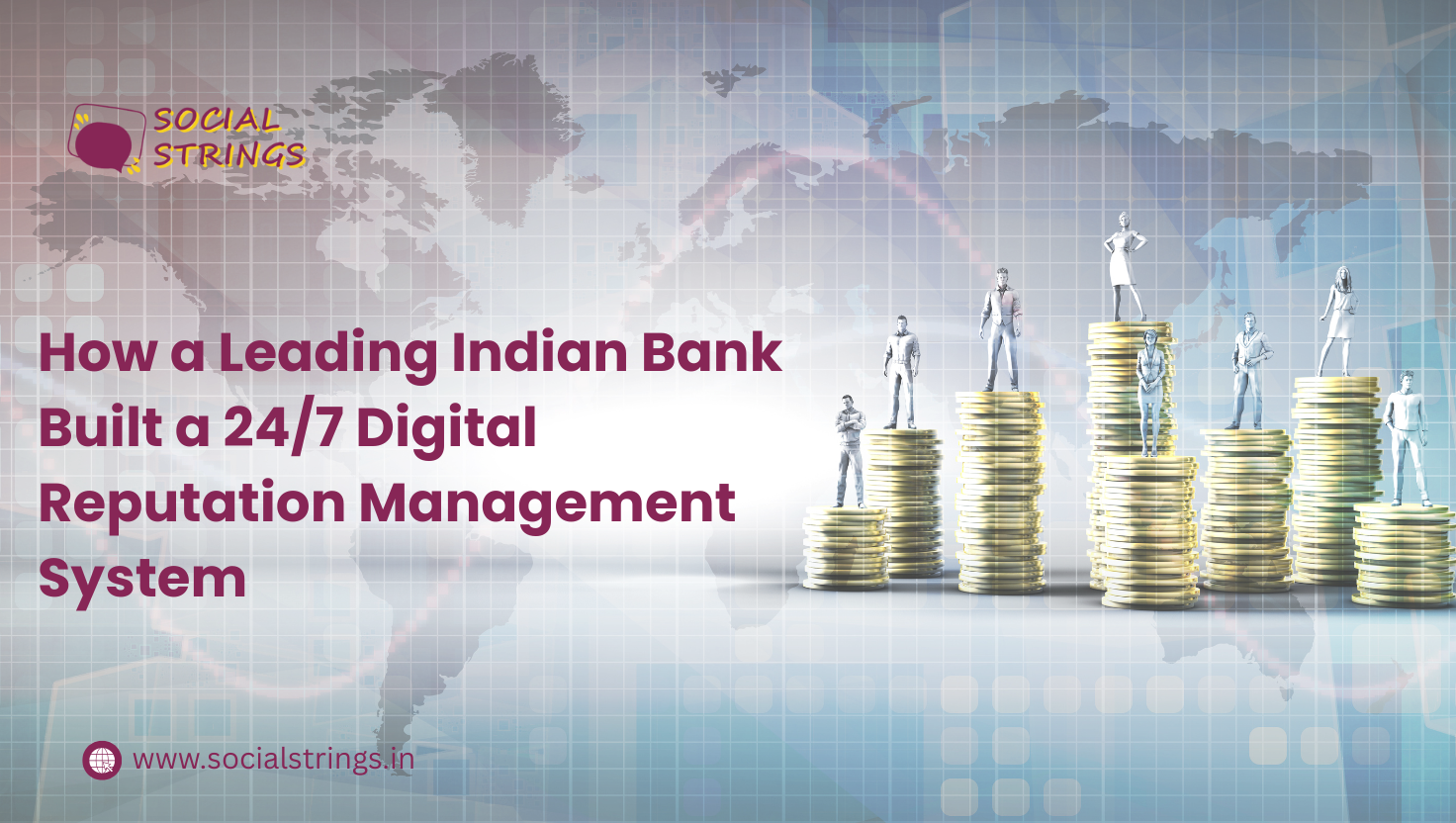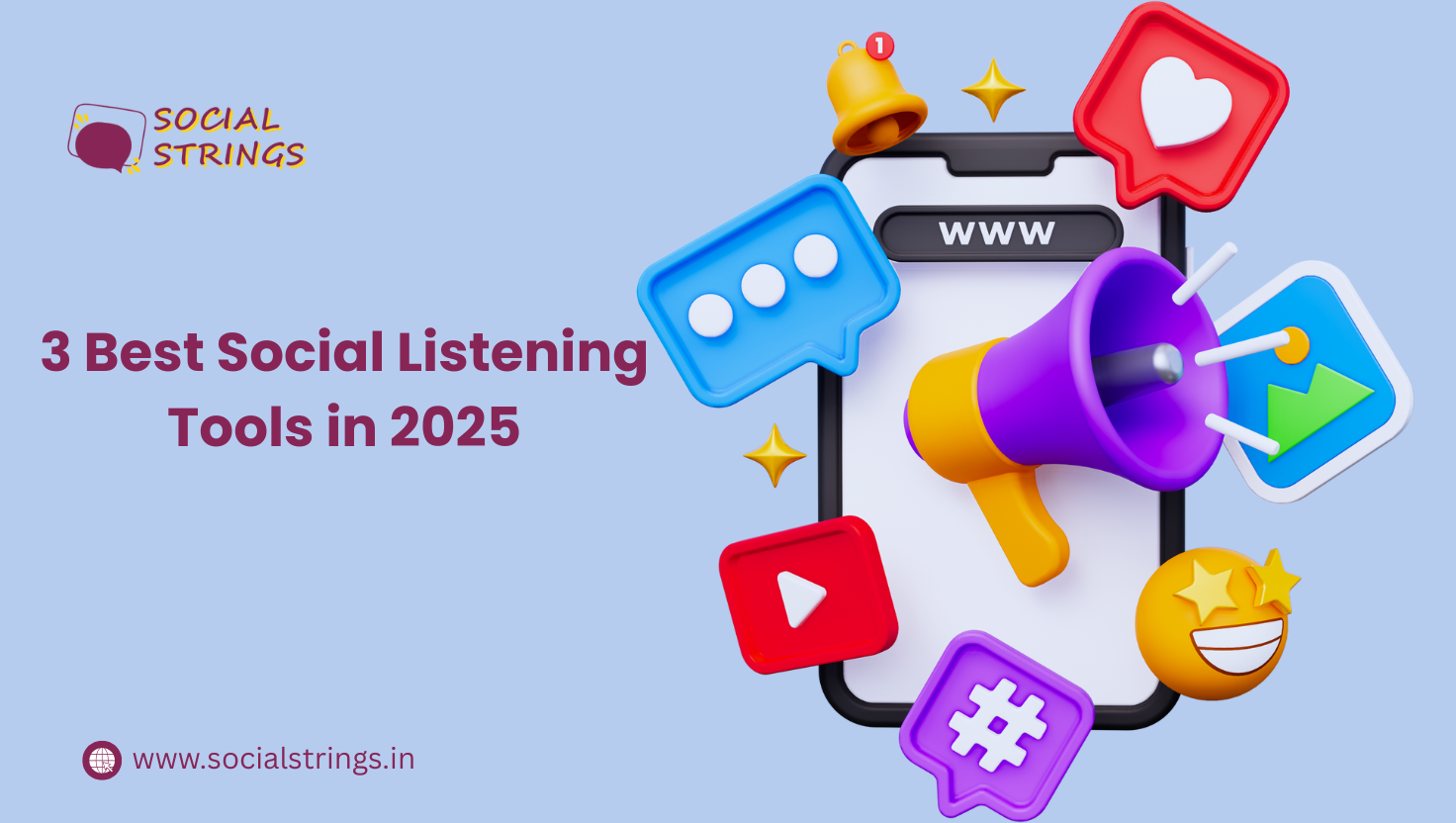If you’ve been feeling like your search traffic is acting… off lately, you’re not imagining it.
From sudden dips in blog views to homepage traffic holding steady while internal pages tank, the Google algorithm updates in 2025 have rewritten the rules.
But this shift isn’t just technical – it’s philosophical.
SEO in 2025 isn’t about visibility alone.
It’s about value, experience, and trust.
Here’s what changed, what it means for your brand, and how to evolve.
🧠 Google’s 2025 Algorithm Shifts: What Actually Happened?
1. March 2025 Core Update
Rolled out between March 13 and 27, this update refined how Google measures content depth, originality, and user alignment.
Thin or fluffy pages dropped, especially in health, finance, and education.
2. April 2025 ‘Aftershock’
Unconfirmed, but real: blog and service pages tanked while homepages stayed steady.
Message?
Google now evaluates each page on its own merit, not just domain strength.
3. Gemini 2.5 & AI Mode Is Live
Google’s Gemini 2.5 powers AI Mode, delivering conversational summaries directly in search.
Which means:
✅ You could be quoted by AI
🚫 Or lose the click entirely if AI answers it all
4. The End of Parasite SEO
Google’s new Site Reputation Abuse policy penalizes third-party content (sponsored blogs, affiliate posts) on high-authority sites.
Low-value external content is now a ranking liability.
🧭 What This Means for SEO & Content in 2025
Old SEO relied on hacks.
SEO in 2025 rewards real value.
| Old SEO | SEO in 2025 |
| Keywords & backlinks | Intent-first, human-friendly content |
| Fluffy long-form blogs | Concise, helpful answers |
| Clickbait | Clear, trustworthy headlines |
| Domain authority > everything | Page-level expertise matters |
✅ How to Evolve Your SEO Strategy (Starting Now)
1. Strengthen E-E-A-T
Google now asks: Why you?
Add author bios, credentials, citations, and real experiences.
📌 Add links to your LinkedIn profile, press mentions, or case studies.
2. Write for AI Mode
Your content is competing for AI citations now.
✔ Use bullet points, FAQs, how-tos
✔ Add schema
✔ Prioritize clarity > flair
3. Audit Third-Party Content
Old guest blogs or thin affiliate posts can hurt rankings.
Clean up or no-index them if they don’t reflect your expertise.
4. Don’t Ignore Inner Pages
Google’s watching every page.
✅ Check your blog, service, and local landing pages
✅ Fix inconsistencies, update meta descriptions
✅ Build relevance page by page
🔄 Shift From Rankings to Relationships
SEO in 2025 is just one part of brand building.
Grow your email list
Post consistently on LinkedIn & Threads
Create content formats that earn trust – carousels, reels, podcasts, etc.
🎯 Final Word
Before you hit publish, ask:
❓ Is this genuinely helpful?
❓ Does it reflect our unique voice?
❓ Would I trust this if I didn’t know us?
If yes – you’re not just winning Google.
You’re winning trust.
💬 Let’s Talk Strategy
Need help adapting to Google’s new rules?
At Social Strings, we craft content that doesn’t chase trends, it builds brand equity.
📩 DM or drop a line to start a strategy that grows with Google.
❓ Frequently Asked Questions (FAQs)
1. What is the March 2025 Google Core Update all about?
The March 2025 Core Update focuses on content quality, originality, and alignment with user intent. Google is now rewarding content that demonstrates deep expertise and real-world value, especially in YMYL (Your Money Your Life) categories like health, finance, and education.
2. Why did my blog traffic drop even though my homepage is stable?
After the April 2025 unannounced algorithm adjustments, Google began evaluating individual pages more strictly. While your homepage may still rank well, thin or outdated content on internal pages like blogs or services could result in traffic loss.
3. What is Google’s AI Mode and how does it affect SEO?
Google’s AI Mode, powered by Gemini 2.5, delivers conversational answers directly in search results. Your content might get quoted — or bypassed. To stay visible, structure your content clearly, include FAQs, and focus on being the authoritative source.
4. What is Site Reputation Abuse in SEO?
Site Reputation Abuse refers to low-quality or spammy third-party content published on high-authority domains (e.g., guest blogs, affiliate pages). As of 2025, Google may penalize your site if you host or associate with such content.
5. How do I optimize for SEO in 2025?
To stay relevant, focus on:
- E-E-A-T (Experience, Expertise, Authoritativeness, Trust)
- Page-level optimization
- Structured data (schema)
- Clarity and helpfulness
- AI-friendly formats like FAQs and how-tos
6. What is E-E-A-T in SEO?
E-E-A-T stands for Experience, Expertise, Authoritativeness, and Trustworthiness. It’s how Google assesses your content’s credibility. You can boost E-E-A-T by showcasing credentials, citing reliable sources, and being transparent about authorship.


